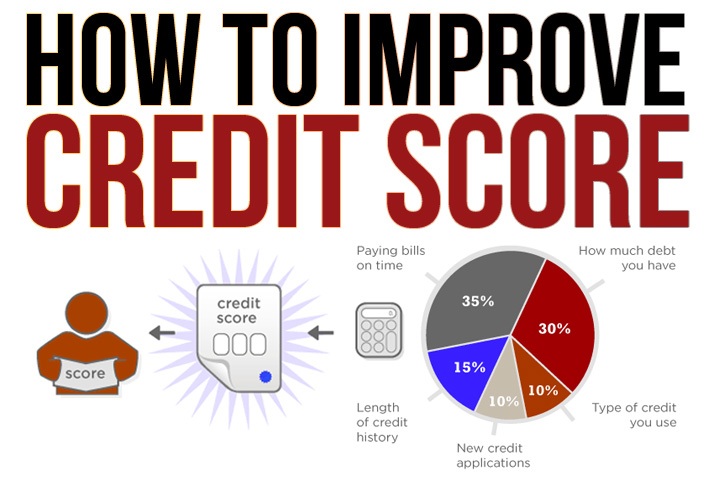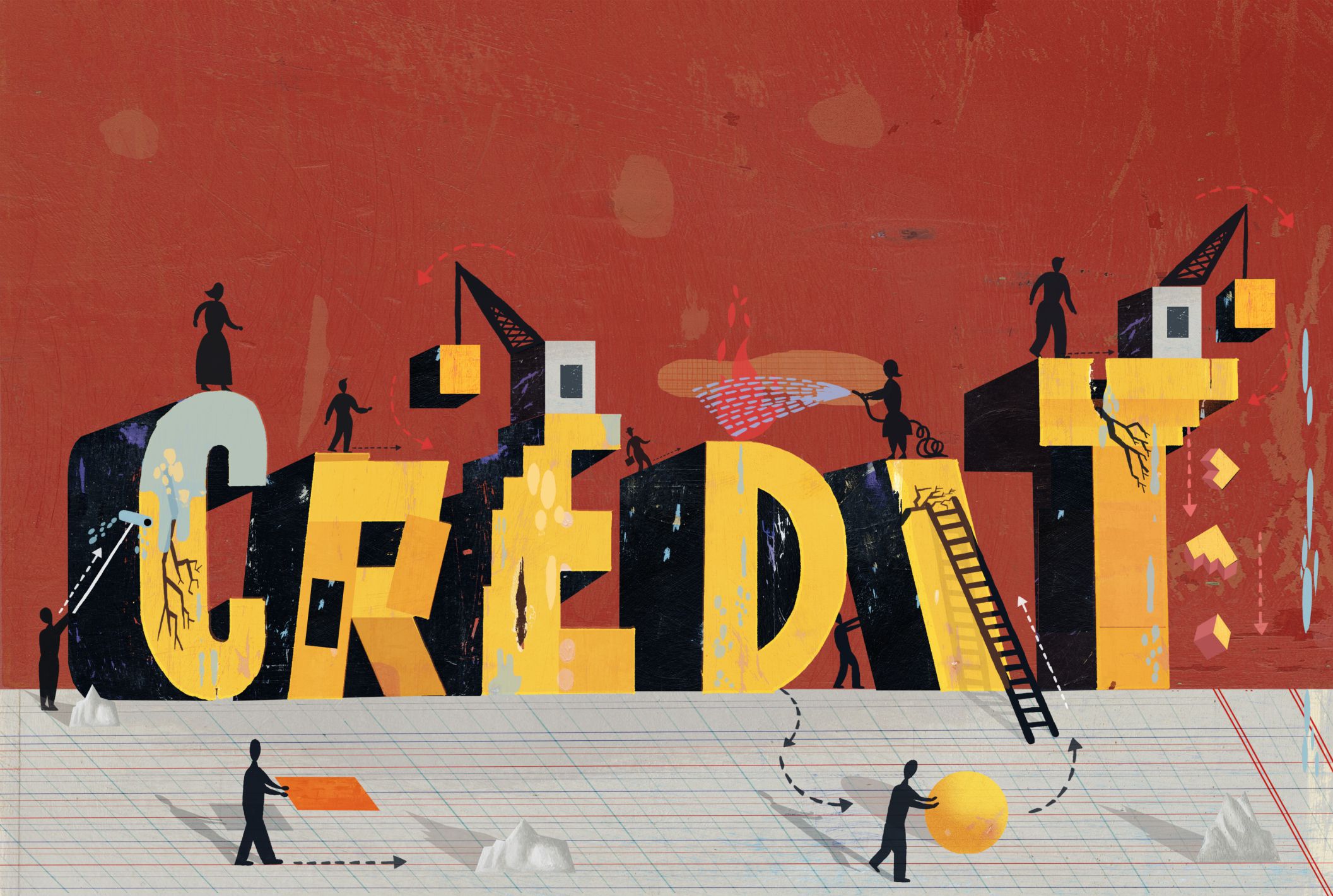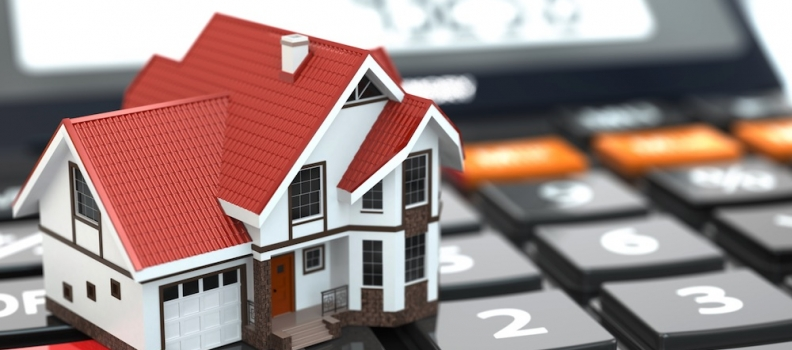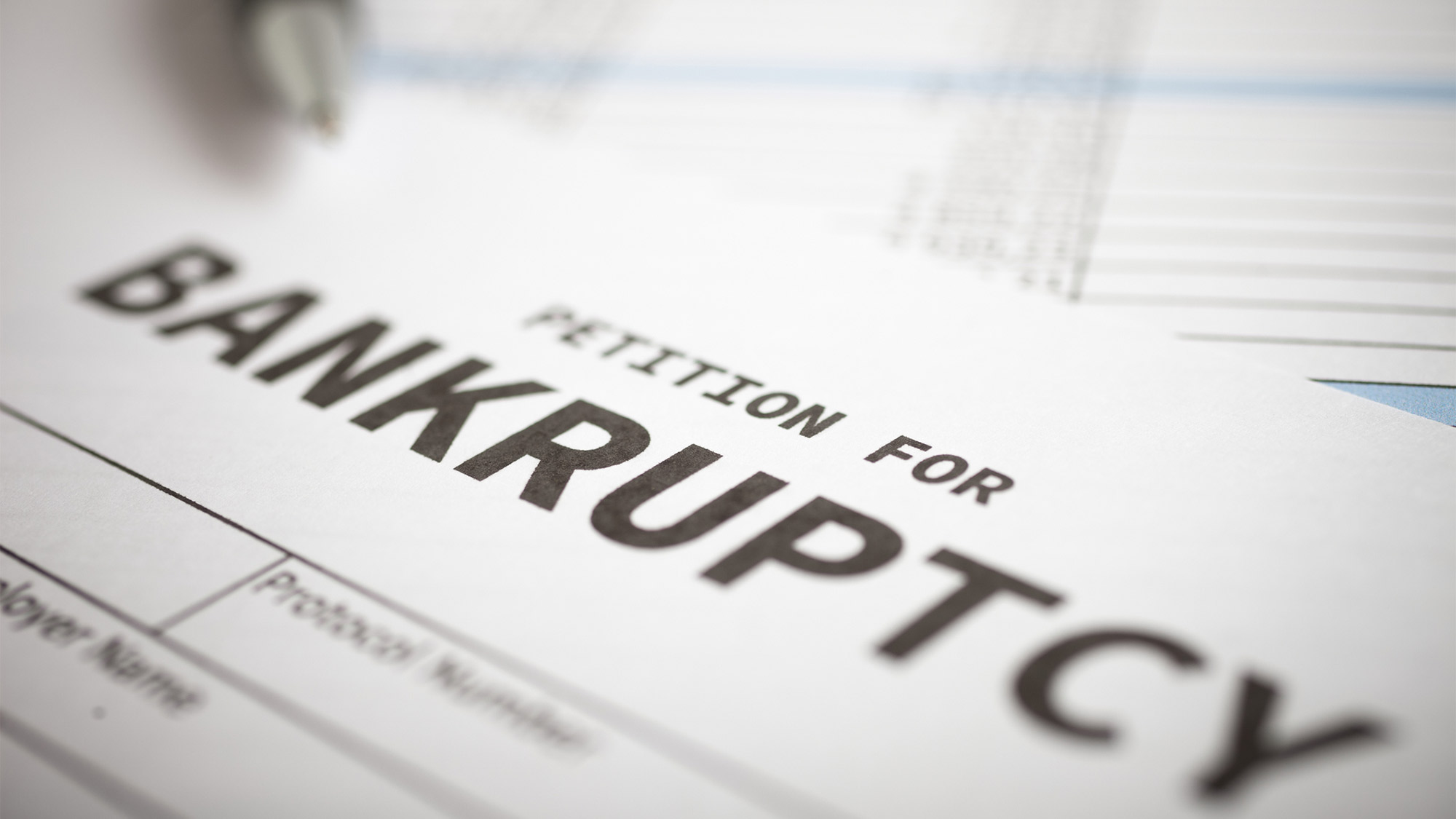

Credit scores are not static; they change when the information on your credit report
changes. This means you can now control your financial status and take actions that will
positively impact your credit scores. Here's how.
1. Check your free credit score
First, check your credit score for free to see the factors that affect it the most.
The following elements have the most significant impact on your credit score:
Your payment history (35%), including whether you consistently pay your bills on time
or have been late or missed payments in the past.
How many credits you have and how many you actively use is called the credit
utilization rate (30%).
How long do you use the credit (15%)?
A combination of your existing and currently used credit types (10%).
Several last credit accounts you opened and applications submitted, called complex
requests (10%).
It is also essential to check your credit report for errors, including inaccurate personal
information or fraudulently opened accounts on your behalf. Significantly if it negatively
affects your score, dispute this information with credit bureaus. Submitting a dispute
does not affect your credit. But if the content of your report changes, your score may
also change.
2. Pay bills on time
Payment history is your most important credit score, accounting for 35% of your FICO®
score. One of the best ways to ensure you're never late is to set up an automatic payment
for recurring bills, such as student loans and car payments. On the day of payment, the
account will be received directly from your bank account, so you do not have to
remember to log in to the payment portal or send a check. Make sure you have enough
money in your checking account to cover your payments; otherwise, you may be
charged.
If any of your bills have to be paid on the same day of the month, making it harder to
pay them on time, you may be able to change payment terms with your creditors. Keep
in mind that it may take several billing cycles for the change to take effect. So continue
to pay as required until they approve the upgrade.
It is also essential to know in advance creditors' ability to pay. For example, federal
student loans come with alternative payment plans that can reduce the amount you owe
each month. But you may not know about them if you don't want to contact your student
loan administrator about your options. Credit card issuers may also reduce your
payment or interest rate for some time if you are experiencing financial difficulties. If
you're worried about missing a payment, contact your creditor after researching what's
possible.
3. Pay off the debt
Amounts due amount to 30% of your FICO® score, the next most significant portion
after your payment history. The amount of the credit limit currently used is expressed as
the credit utilization rate, and experts recommend that no more than 30% of the credit
limit be used at any one time.
Ideally, you should pay your entire credit card bill at the end of each month. But if you
can't and currently have a balance, make a plan to stop using your cards and pay off
your credit card debt. First, you may want to spend the extra money on a maximum
interest card called the debt avalanche method, which will save you the most money on
interest. Or you can pay off small balances using the debt snag method, which can
motivate you more.
A credit card balance transfer may be a better option if you need more time to reduce
your balance. If your credit score is correct for you, a balance transfer card gives you an
interest-free period that allows you to pay your balance without collecting as much tax
over time.
However, to make the most of your card, come up with a plan that will get you debt-free
for an interest-free period. Otherwise, you will be charged interest at the end of that
period, which may negate some of your savings.
4. Avoid new complicated queries
If you've focused on increasing your score, in the meantime, you may want to postpone
applying for new credit. A complex investigation occurs when a lender checks your
credit to evaluate your financial product. This will appear on your credit report and may
affect your credit score. This is because lenders may consider a higher credit risk if you
borrow money from many different sources. Applications for a new credit account will
receive 10% of your FICO® score.
Easy queries do not affect your credit; they occur when you check your credit score or
when a lender or credit card issuer checks your credit to confirm in advance that you are
a product. It is also likely that you will not see a more significant impact on your score if
you buy one auto loan or mortgage. And you contact several lenders in a short time.
Scoring models distinguish this process from, say, opening multiple credit cards at once
and will not usually result in the criminal's same result.
5. Increase your credit
One way to strengthen credit using your existing financial history is to use Experian
Boost TM. When you sign up for free, Experian will look for your bank account details to
make payments for utilities, phone, and cable, and you can choose which bills to add to
your credit file. When you add invoices, a new credit score is generated immediately.
The FICO® score may increase due to new positive payment history for those with little
or no credit.
6. Get help creating credit
If you're having trouble verifying your credit card or loan on your own, you can create a
credit history with others or with a secure account. Try these strategies:
Become an authorized user on another person's account.
Work with a good creditor. When you have a guarantor for a loan or credit card, the
lender also holds them jointly liable for the debt.
Open a secure account. With a secured credit card account, you deposit cash into the
account, and the card issuer allows you to borrow up to a certain percentage of the
money.
How to maintain a good credit score
When you do the hard work to eliminate a bad credit score, the next step is to maintain
momentum. This means you pay all your bills carefully on time, keep your credit card
balance low, and only look for new credit when you need it.
Your credit history duration is 15% of your FICO® score, so you may want to keep your
old accounts open to maintain a long average credit history. This may mean that you
occasionally deposit the oldest card and pay for it immediately. If your card has a high
annual fee and you no longer use it, weigh the potential trade-offs of shorter credit
history with the money you could save.
Need More Guidance on how to build a good credit fast?
KINDLY Visit our website www.mycreditmaster.net




0 Comments
Leave A Comment